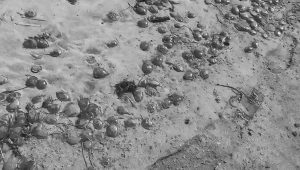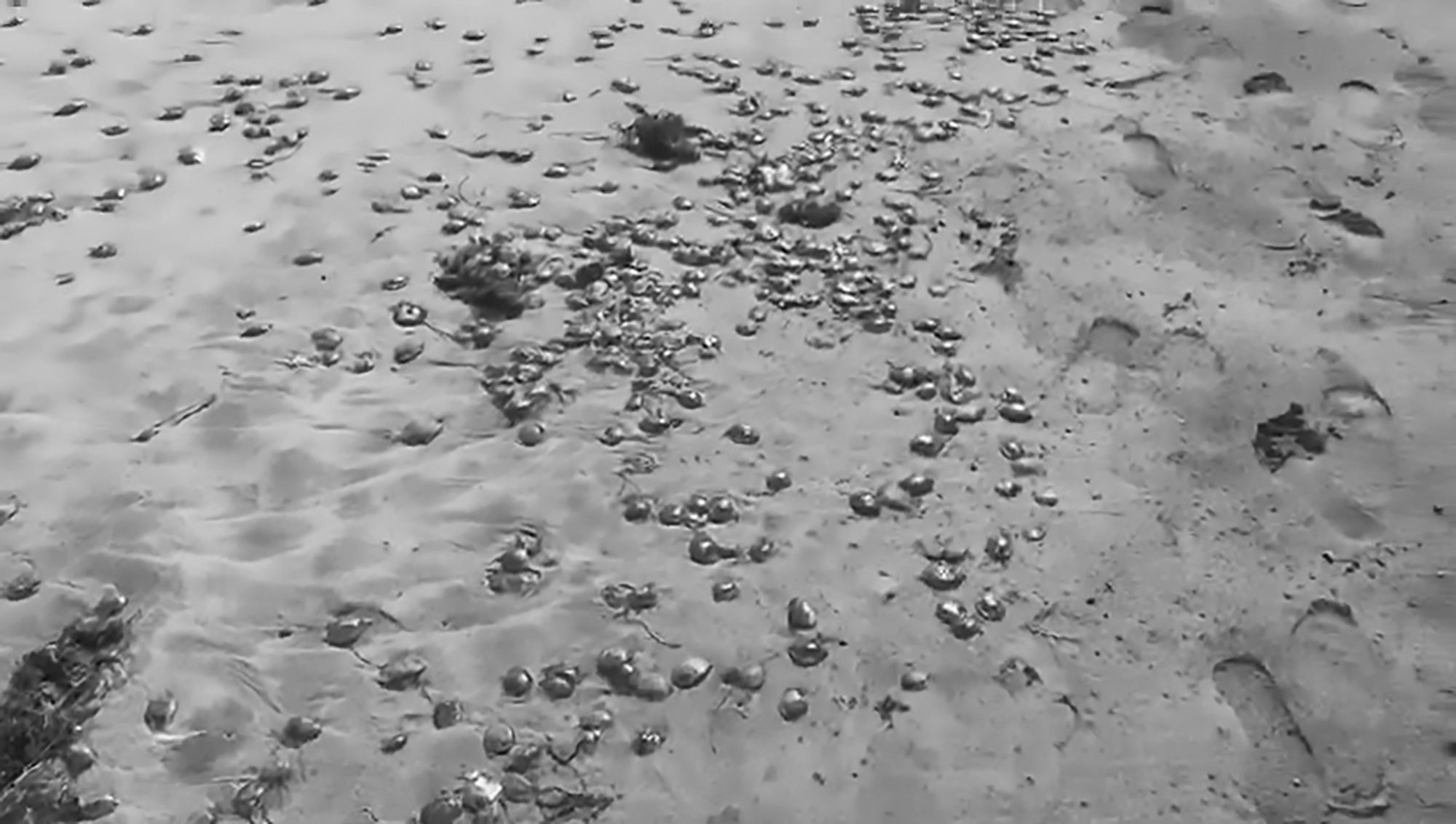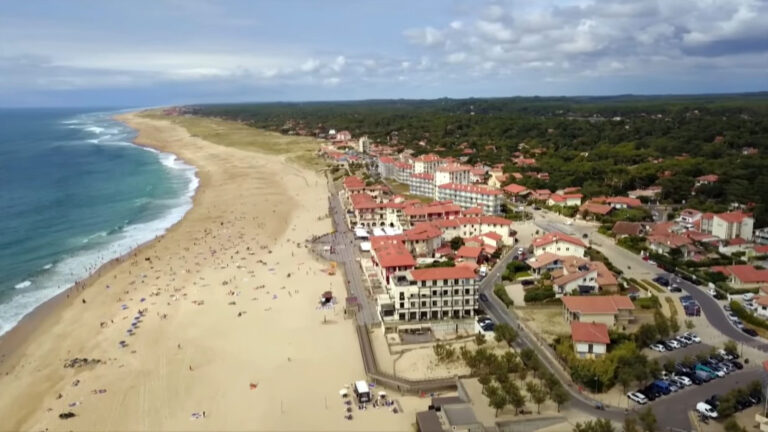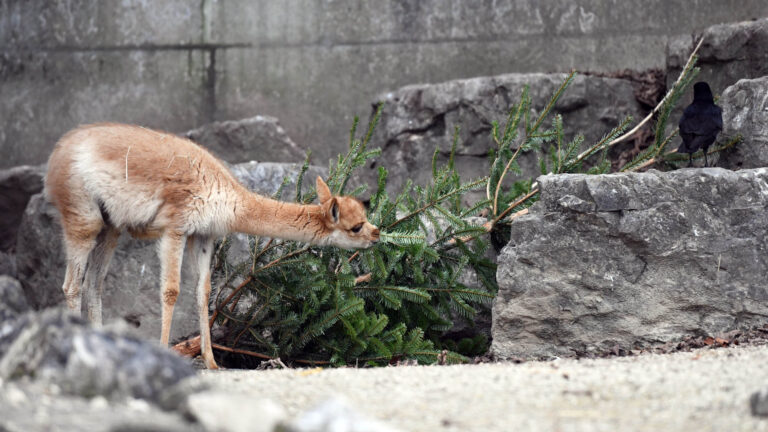Tourists at a popular beach in Lanzarote have been banned from entering the water after hundreds of mysterious jellyfish with poisonous tentacles washed up on the sand.
The startling incident occurred at the popular Famara beach on the north-western coastline of the island of Lanzarote, one of the Spanish Canary Islands and has been described as a “total atrocity”.
The jellyfish, whose species are not yet confirmed, are said to be venomous, reportedly first appeared at the beach on Monday but their numbers quickly increased and by Wednesday hundreds were washing up on the sand of the beach.
The Director of the local Safety and Emergencies Consortium, Enrique Espinosa, has described the event as “a total atrocity” and he said that the red flag is waving at the beach to warn people it is not safe to bathe.

The venom from the animal’s tentacles is said to cause stinging and local authorities recommend victims to see a lifeguard quickly in order to have the tentacles removed and receive prescription painkillers to reduce the swelling.
It is believed the jellyfish were brought to the beach by currents and reports state they are relatively common in small numbers in the area during the summer season.
According to the Regional Statistics Institute in the Canary Islands, 465,802 tourists from the United Kingdom and 86,961 from Ireland visited Lanzarote between January and April this year.
To find out more about the author, editor or agency that supplied this story – please click below.
Story By: Jonathan Macias, Sub-Editor: Joseph Golder, Agency: Central European News
The Ananova page is created by and dedicated to professional, independent freelance journalists. It is a place for us to showcase our work. When our news is sold to our media partners, we will include the link here.
Mirror – The Sun – DailyMail – DailyStar




